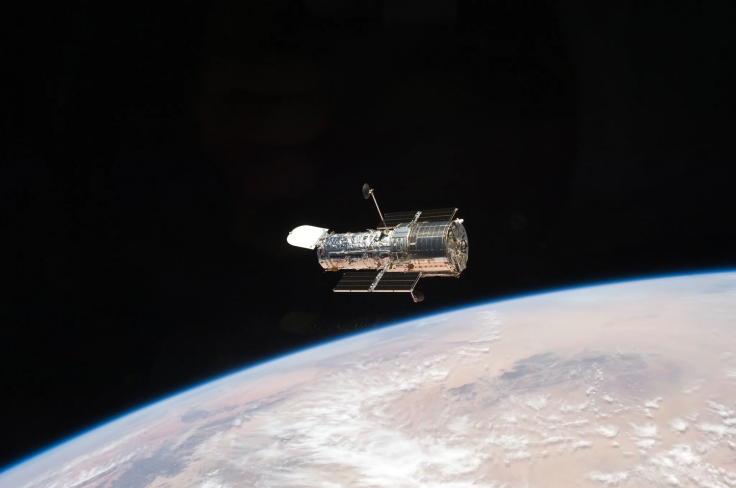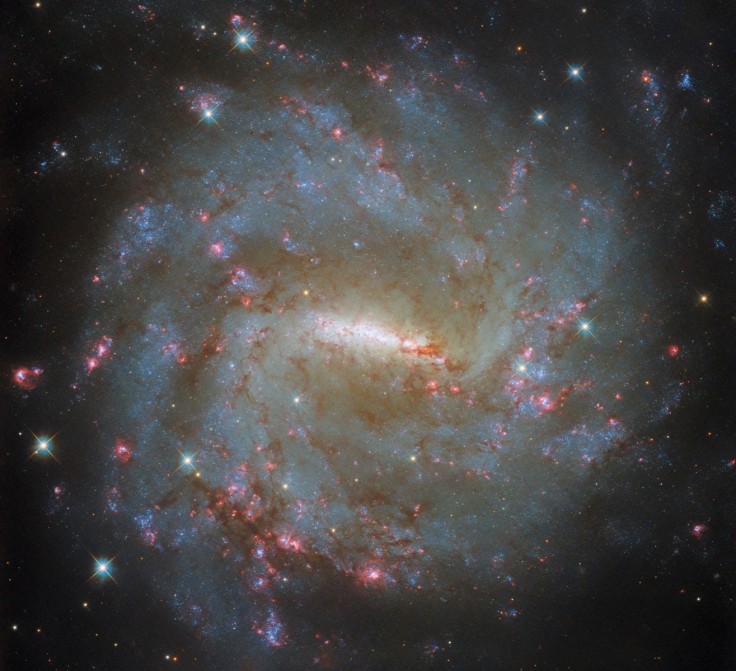The Hubble Space Telescope has finally released its first image weeks after a hardware malfunction temporarily halted its operations.

NASA first unveiled the newly captured image of spiral galaxy NGC 3059, located 57 million light-years away from Earth, last week as the telescope poses to resume full operations.

The magnificent image was captured via the data the Wide Field Camera 3 collected last May while the telescope was suffering from blurry vision due to a misshapen mirror.
Although the astronauts quickly fixed the technical issue, NASA said the breakdown would limit the telescope's performance for several weeks before it returned to normal operations by mid-June.
The damaged gyroscope is one of the remaining two functioning lenses the Hubble Telescope still has since it first received six new gyroscopes during the astronauts' final visit in 2009.
With its primary mission already completed, NASA is set to retire the telescope sometime between 2030 - 2040.
More Hubble Telescope Images Expected Soon
With the Hubble Telescope soon to return to operations, NASA also expects the telescope to provide more images in the upcoming space events and phenomena this year.
The agency has yet to announce schedules for future image releases, although scientists are expected to provide further findings about black holes and new galaxy structures in the coming months.
NASA Plans to Retire the ISS Soon
The Hubble Space Telescope is not the only US-owned satellite NASA is expected to retire soon as the agency opens the door for private-owned space stations.
The agency has already declared plans to crash the International Space Station in January 2031 into the Pacific Ocean as it fully enters Earth's orbit, over three decades since it first launched.
NASA expects the operations to cost almost $1 billion to safely land the 925,000-pound space station.
The ISS is one of the two currently fully operating space stations in the world, the other is China's Tiangong Space Station which was launched in April 2021.
Related Article : NASA Says Retiring the ISS Could Cost Almost $1 Billion









